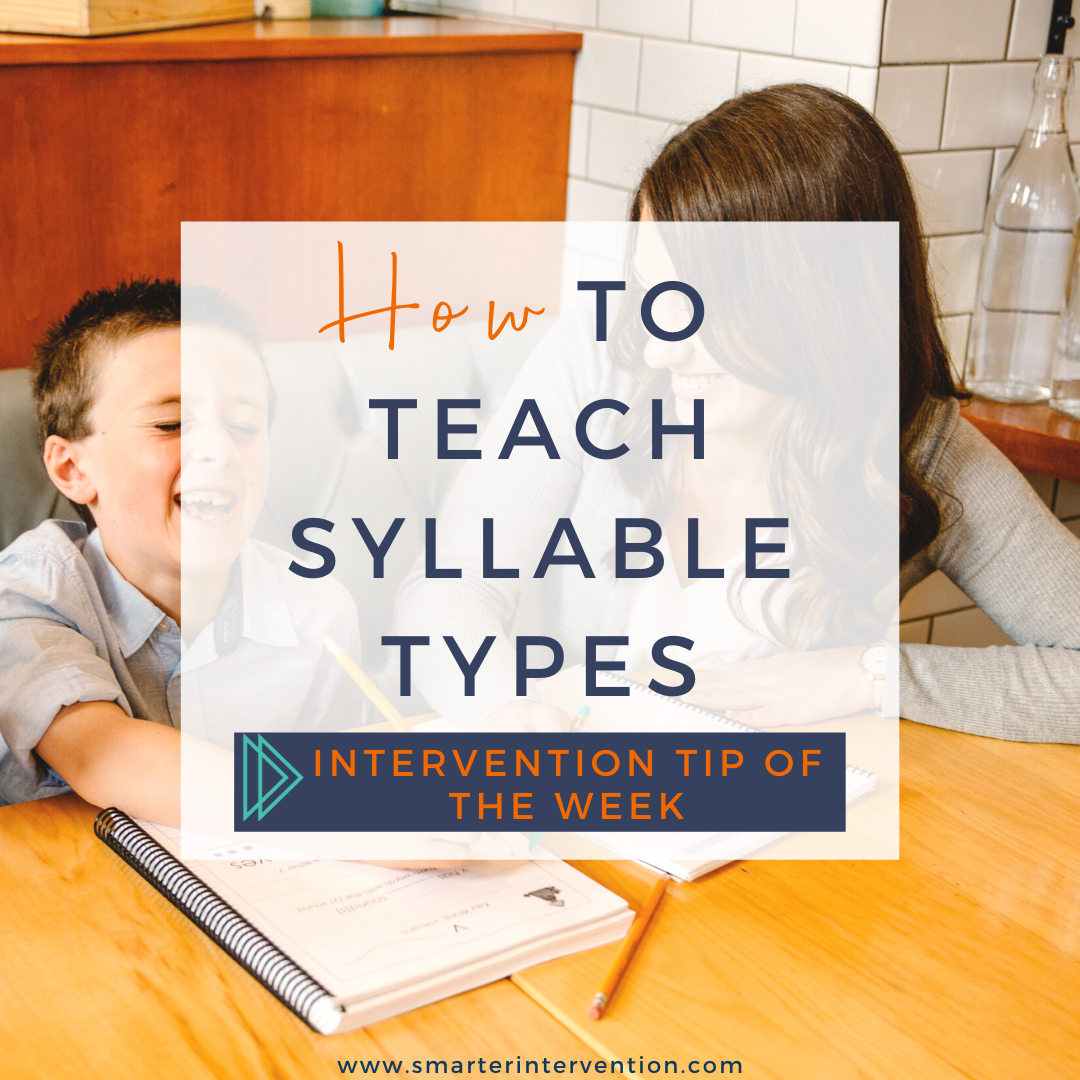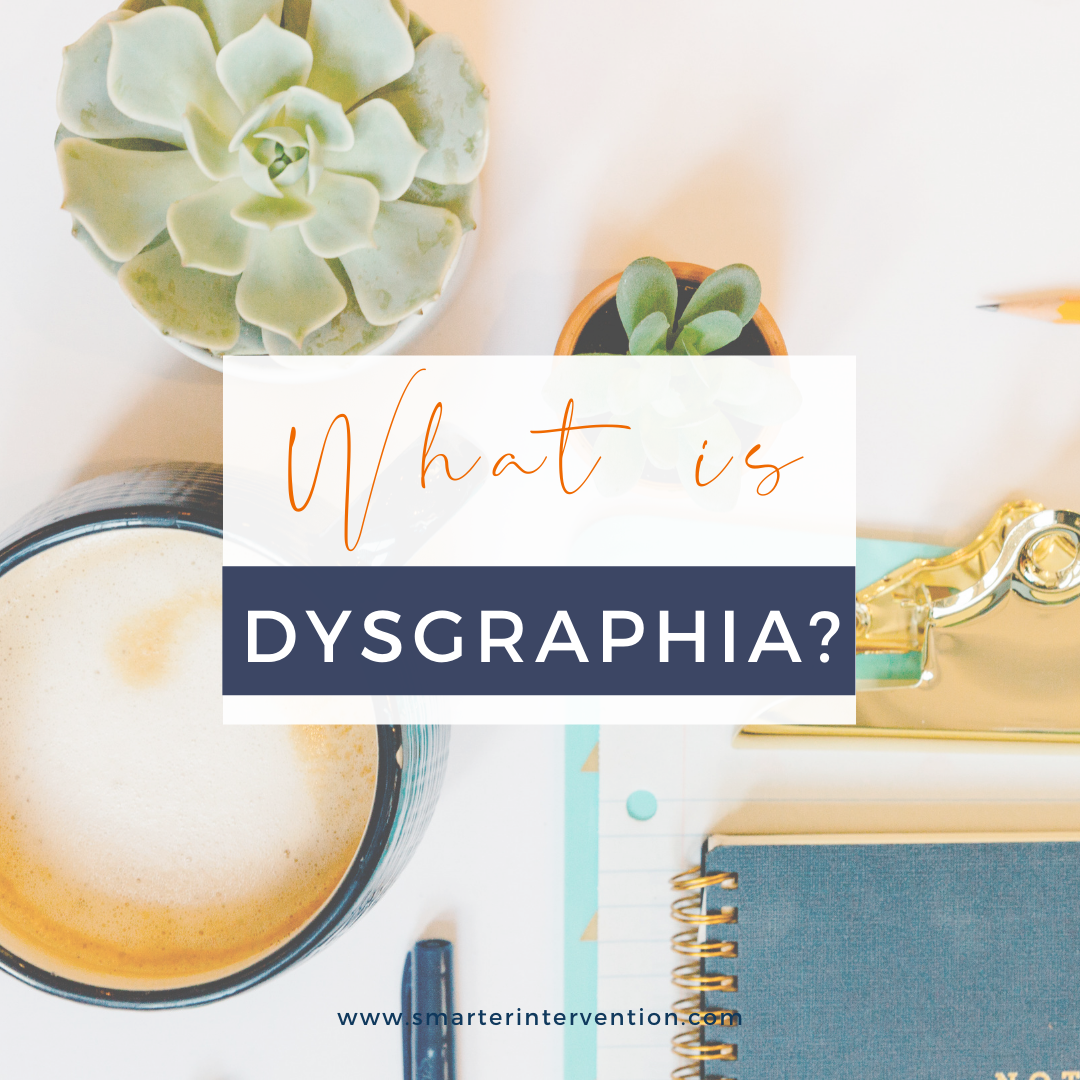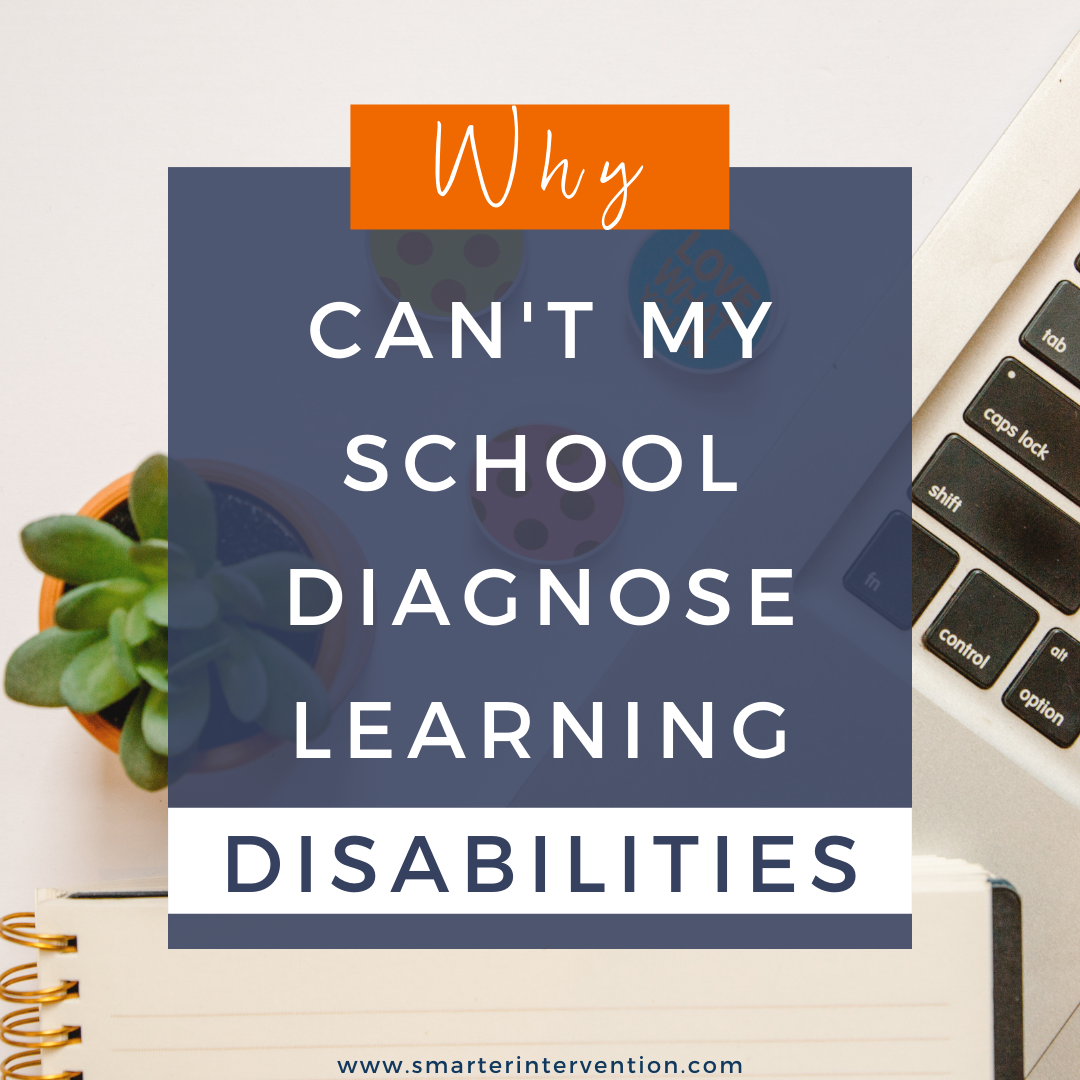Science-based literacy resources and articles
for families, educators and schools
Search by Category:
Categories
- Advocacy
- Authentic Literature
- Business
- Comprehension
- Data Tracking
- Differentiation
- Dyslexia
- Evaluation and Assessment
- Executive Functioning
- Games & Activities
- Helping My Child At Home
- How To
- IEP/504 Plan
- Lesson Planning
- Math
- Online Intervention
- Organization
- Parents
- Phonics
- Phonological Awareness
- Reading Comprehension
- Reading Fluency
- Research
- SLP
- Spelling
- Vocabulary
- Writing
How to Differentiate Phonological Awareness Instruction - Intervention Tip of the Week
Phonological awareness is one of those tasks that many feel is a skill that only primary teachers need to address.
However, for many students who struggle to read or spell with accuracy - a phonological processing issue is at the heart of it.
This means that we need to be explicitly teaching phonological awareness skills until they’re mastered. Now that being said - we need to be thoughtful and strategic in HOW we are doing this.
Check out this week’s intervention tip of the week to learn about how we differentiate for
How to Assess Phonological Awareness - Intervention Tip of the Week
This week we are talking all about how to effectively measure a student’s phonological awareness ability to track growth over time. It is important that we are monitoring a student’s phonological awareness because it is the foundation of the 5 Core Components of Literacy and must be in place before a student can read and spell with ease!
How Phonological Awareness & Spelling Connect - Intervention Tip of the Week
Today we wanted to share a quick intervention tip on using a Phonological Awareness strategy - specifically Phoneme Segmenting (or segmenting words into sounds) and how phoneme segmenting supports spelling.
How to Teach Syllable Division - Intervention Tip of the Week
Today we wanted to share our intervention tip of the week! How to teach syllable division to support decoding skills.
We have a great resource you can use to learn WHY we should teach syllable division patterns!
And today we wanted to walk you through our process and give you some thoughts on why we use the “spot and dot” strategy…
How to Teach Syllable Types - Intervention Tip of the Week
When working with struggling readers, we find it critical to make sure that we are providing frameworks or memory supports wherever possible. Whenever we can lump concepts into bigger picture concepts it really helps our students out! One amazing place to do this is by teaching the six syllable types. We have TONS of information on the six syllable types in our blog post here >>What’s This About Six Syllable Types<<
The great thing about teaching syllable types is that we can lump phonics patterns into their syllable types to provide bigger picture buckets for students.
How to Group Students for Reading Intervention - Intervention Tip of the Week
Today we wanted to talk about the best way to group students together for your reading intervention groups.
In this quick intervention tip of the week we talk about how important it is to ….
How to Identify Reading Breakdowns - Intervention Tip of the Week
This week’s reading intervention tip of the week - knowing how to identify reading breakdowns!
In this quick video we talk about the 5 key components you must be evaluating when you are looking for where a student may be breaking down.
If you know us well, you may have guessed them!
And in this video, we talk about how you can do this quickly! You can always use your own materials to make this work at your students’ grade and ability level but this will give you an outline on what it should include!
What is the Most Important Thing I can do to Support a Struggling Student?
When students are struggling - it’s hard to know where to start and what the most important steps are in providing support to get them to where they need to be.
After working with hundreds of students, and evaluating thousands of students, we’ve realized that the most important thing that parents and educators can do to support struggling students actually has nothing to do with intervention or tutoring, accommodations, modifications, IEP or 504 Plans…
What is Dyscalculia?
Dyscalculia (dis-cal-Q-lee-uh) is another term that is used synonymously with Specific Mathematics Disorder.
Basically, it can be used to describe a student or adult who struggles with mathematic concepts and their foundational constructs. When we consider dyscalculia, we have to think about all the requirements of mathematics. Mathematics requires an incredibly complex set of skills that require multiple connections in the brain to come together quickly.
What is Dysgraphia?
Dysgraphia is another term that is used synonymously with Disorder of Written Expression.
Basically, it can be used to describe a student or adult who struggles producing written content for a number of specific reasons.
When we consider dysgraphia, we have to think about all the requirements of writing. Writing is an incredibly complex task that requires multiple connections in the brain to come together quickly.
Why Can't My School Diagnose Learning Disabilities?
So often we hear from frustrated parents that they are receiving a run-around from their school. As a parent, when our child is struggling we want answers.
However, it can be complicated and sometimes it feels like you’re being told different things by different people!
Holiday Phonological Awareness Fun
So we are bringing back the holiday phonological awareness cards because we LOVE the holidays. Hopefully, you can incorporate some holiday fun into your week leading up to the Winter Break.
This fun activity is meant to support syllable segmenting, phoneme segmenting, spelling, and written work.
Which Accommodations are Appropriate?
So if you have or know of a child who is struggling academically - hopefully they’ve been able to move through the first step of our 3 Step Assess - Design - Implement process.
Once a student has been assessed, we can begin to design an appropriate plan.
Measuring Student Progress
One of the most important things we have to consider when we are supporting struggling students is:
How we will measure student progress?
This is absolutely CRITICAL in making sure that the plan we have designed to help them get back on track is actually working. This is proof that we are on track.
As parents of struggling students, we need to be requesting this information.
As educators responsible for delivering on student plans and goals we need to be sure we are tracking this information.
So the question becomes, what on earth are we looking for and how do we appropriately measure student progress?
How to Set Appropriate IEP Goals for Reading & Writing
In order to close the gap, we need to have appropriate goals based on individual student needs. As part of an IEP goals are set in specific areas. If a student is struggling in a specific area (e.g., language skills, motor ability, reading, writing, math, etc) they should receive goals in those specific areas.
Two Types of School Based Student Support - IEPs vs 504 Plans
As you know, we are obsessed with helping students reach their highest potential. In order to do this you must follow the ASSESS -> DESIGN -> IMPLEMENT framework. First, we must assess students with a combination of formal and informal assessment measures. Then we must design an appropriate plan and finally, we must implement the plan at the highest level.
Which Assessments Should Be Used to Diagnose Dyslexia?
The process of diagnosing dyslexia can often feel like this huge mysterious task! It is truly this multiple step challenge for parents, educators, medical professionals, and other professionals working with struggling students. Let’s break this down.
How to Know Where Students are Struggling
This week we are so excited to share information on identifying student challenges.
One of the most challenging aspects of helping a struggling reader is understanding specifically where and why they are struggling.
Once we can understand the specific areas in which a student is breaking down and/or the cause of the breakdown we can begin providing targeted instruction and intervention.



















